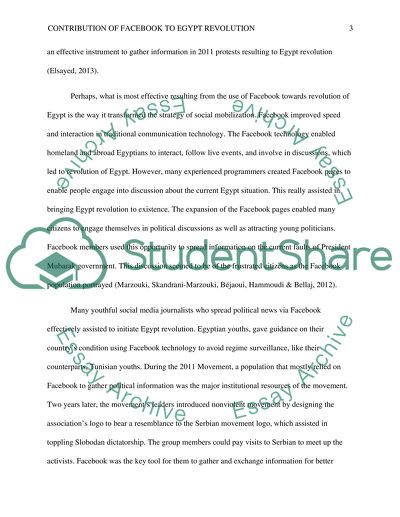Cite this document
(“Contribution of Facebook to Egypt revolution Research Paper”, n.d.)
Retrieved from https://studentshare.org/journalism-communication/1487870-midai-literacy
Retrieved from https://studentshare.org/journalism-communication/1487870-midai-literacy
(Contribution of Facebook to Egypt Revolution Research Paper)
https://studentshare.org/journalism-communication/1487870-midai-literacy.
https://studentshare.org/journalism-communication/1487870-midai-literacy.
“Contribution of Facebook to Egypt Revolution Research Paper”, n.d. https://studentshare.org/journalism-communication/1487870-midai-literacy.


